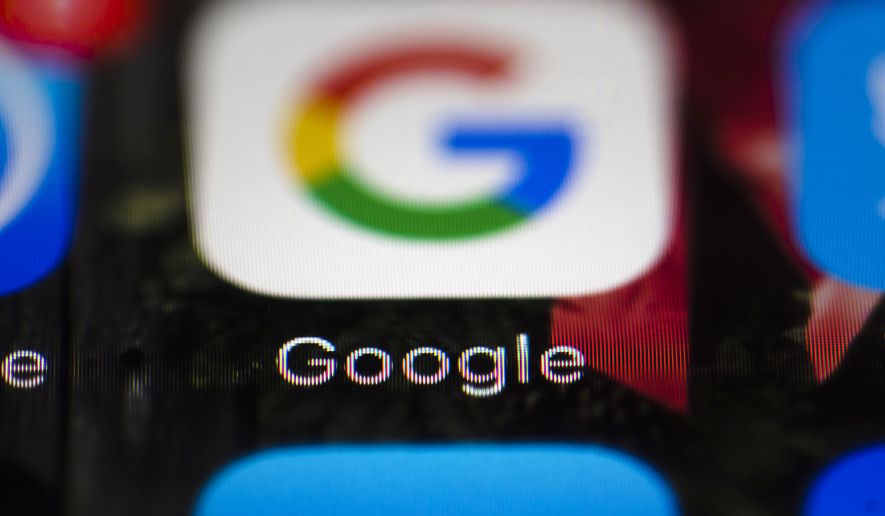OPINION:
America’s high-tech colossi dominate the globe: Amazon, Uber, Apple, Microsoft, Lyft, Intel, Facebook, Google, Instagram, eBay, Twitter, Lyft and others were all made in America. Europe’s tech companies, by contrast, are puny. Only Spotify, a Swedish music-streaming app, has made much of splash globally.
The reasons for America’s tech dominance are hardly secrets — a healthy respect and appreciation of entrepreneurship, higher education that attracts students from all over the world, and abundant access to venture capital reserves. Above all, the political culture, most of the time, promotes business rather than punishes it.
It’s different in the Old World. Authorities there tend to see successful businesses as a threat, a problem to be tamed, or at the very least sources of revenue to be tapped. More so if those businesses are native to America.
Only last week the European Union levied a multibillion-dollar fine against California-based Google. The EU ordered Google to pony up 4.34 billion Euros, about $5.1 billion at current exchange rates. There’s an unrelated $2.7 billion fine against Google last year. The EU has fined Microsoft, Facebook and Intel on several occasions. The $5.1 billion fine against Google is the largest EU fine so far.
The EU accuses Google of unfairly exploiting its ownership of the Android operating system for smartphones in a way that hampers competition with other search engines. About 80 percent of the world’s smartphones run Android, which default to Google as their search engine of choice. Android is effectively free; Google makes up for that by directing users to its search engine and other services.
The EU sees something sinister in that arrangement. “Google has used Android as a vehicle to cement the dominance of its search engine,” says the EU’s antitrust chief. “These practices have denied rivals the chance to innovate and compete on the merits. They have denied European consumers the benefits of effective competition in the important mobile sphere.”
Google is appealing, naturally, but in the meantime it must deposit the $5.1 billion in an escrow account. The EU ordered Google to no longer tie the Android operating system to Google search and to Chrome, Google’s web browser. U.S. and European antitrust authorities tend to take a different approach to the issue. American authorities look at what benefits consumers, the Europeans to what benefits governments. There’s no doubt that services like Android, which provide enormous benefits at no cost, have been a boon to Google. Europeans, however, look at how current arrangements affect would-be competitors.
Those competitors have been lagging, badly, behind Google. Declan McCullagh observes in Reason magazine that what may have began as a reasonable difference in emphasis “now appears to have morphed into naked European protectionism. The economics are simple: European firms have fallen behind their American counterparts to the point that not one European firm appears in the list of top 20 internet companies ranked by market capitalization. Any aggressive approach toward antitrust enforcement of mobile or online business practices will, not-so-coincidentally, handicap Silicon Valley companies to the advantage of smaller European rivals.” Just a coincidence, of course. Europeans, so outraged at Donald Trump’s trade wars, are engaging in one of their own.




Please read our comment policy before commenting.